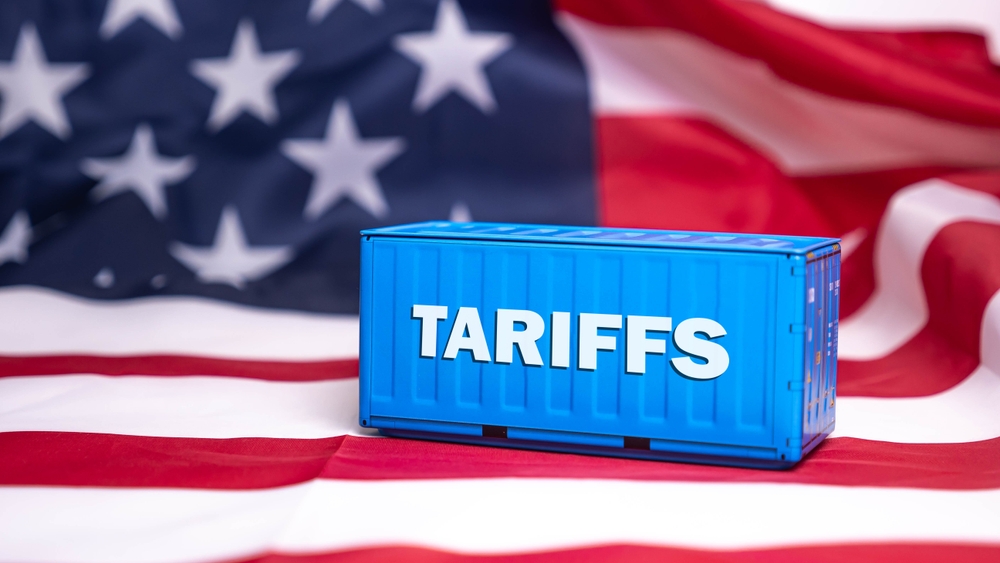Southeast Asian nations are uniting to face significant challenges, including the economic impact of U.S. tariffs and the ongoing civil war in Myanmar. Malaysian Prime Minister Anwar Ibrahim, in his opening speech at the annual ASEAN summit, emphasized the need for a coordinated response to these issues, calling for a unified approach to address regional economic headwinds. Anwar also revealed that he had sought a meeting with U.S. President Donald Trump to discuss the tariffs, with hopes for the meeting to occur later this year.
ASEAN’s Approach to U.S. Tariffs and Trade Tensions
At the summit, Anwar expressed concerns over the dismantling of an open, inclusive, rules-based international order, which has long been a cornerstone for ASEAN’s peace, stability, and prosperity. In response to the U.S. tariffs, which range from 10% for Singapore to 49% for Cambodia, ASEAN has formed a taskforce to coordinate a unified response. While avoiding retaliatory measures, the taskforce is working in parallel with bilateral negotiations by individual member countries. ASEAN members, including major economies like Singapore, Indonesia, Malaysia, Thailand, and the Philippines, heavily rely on exports to the U.S., making the tariffs a significant challenge for the region’s economies.
ASEAN’s Growing Relationship with China and the Gulf Cooperation Council
During the summit, Anwar highlighted a new tripartite cooperation with China and the Gulf Cooperation Council (GCC), which consists of Bahrain, Kuwait, Oman, Qatar, Saudi Arabia, and the UAE. This partnership aims to provide new avenues for ASEAN’s economic stability, with China being the region’s largest trading partner. While the growing ties with China are seen as an opportunity, tensions remain over Beijing’s aggressive actions in the South China Sea. The Philippines’ President Ferdinand Marcos Jr. stressed the urgent need for a binding “code of conduct” in the South China Sea to prevent further instability and safeguard maritime rights.
Myanmar Crisis and ASEAN’s Efforts for Peace
The situation in Myanmar continues to be a major concern for ASEAN, as the ongoing civil war has displaced millions and resulted in thousands of deaths. Anwar discussed Malaysia’s efforts to mediate the crisis, mentioning a meeting with Myanmar’s military chief and virtual talks with the opposition National Unity Government. Despite these efforts, the Myanmar military has violated ceasefire agreements, and humanitarian aid is being restricted in many areas not under its control. The crisis remains a challenge for ASEAN, with refugees fleeing across borders, and transnational crimes and cybercrimes on the rise.
Anwar expressed that quiet engagement remains essential, noting that while the process is slow and fragile, even small steps toward peace are better than the widening divide. ASEAN’s engagement efforts, while ongoing, are hindered by the Myanmar military’s refusal to comply with peace plans, including ceasefires and the delivery of humanitarian aid.
The Challenges Ahead for ASEAN
Experts like Thomas Daniel from Malaysia’s Institute of Strategic and International Studies noted that ASEAN faces significant limitations in pushing for reconciliation in Myanmar, as the military has lost control of large parts of the country. The path to political dialogue between the conflicting parties is still distant, as the situation on the ground remains highly complex and volatile. ASEAN’s influence in facilitating peace talks is constrained, but the region continues to prioritize engagement and support for the Myanmar people, despite the challenges.


